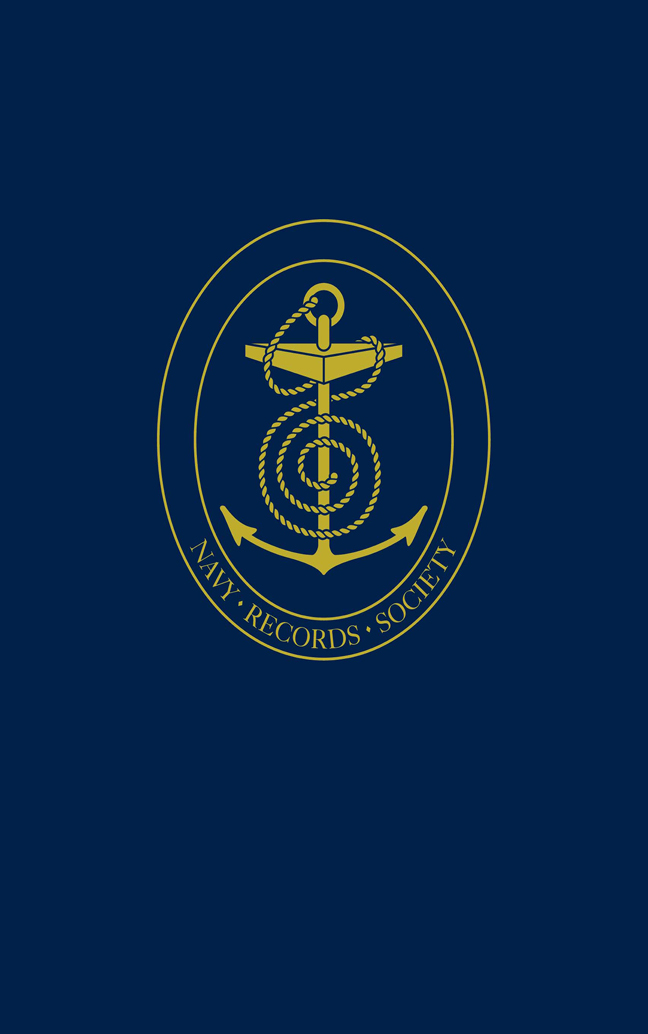 Papers and Correspondence of Admiral Sir John Thomas Duckworth
Papers and Correspondence of Admiral Sir John Thomas Duckworth Published online by Cambridge University Press: 05 March 2024
The initial response of the British government to the conclusion of peace in October 1801 – actually, as noted in the letters, the ‘Preliminaries’, and so awaiting ratification – was, as usual, to reduce expenses [676, 685], of which the First Lord, Earl St Vincent, was an enthusiastic practitioner. But the news took almost two months to reach the West Indies, and Duckworth's correspondence continued on the same subjects as ever, notably on convoys and their escorts. Meanwhile, two developments increased interest in the region. In September the Commanderin-Chief at Jamaica, Lord Hugh Seymour, died of disease. In October a coup d’état in Guadaloupe brought Pelage to power [687]. Captain General LaCrosse was expelled from the island and was picked up by a British ship [688]. Then the news of the peace arrived [699], and LaCrosse could be sent to Europe rather than being used in vague plans to stimulate a French colonial civil war [698].
Duckworth now asked to be replaced [712, 713, not knowing that his letter crossed with one from the Admiralty appointing him as Seymour's replacement at Jamaica [700–702, 704]. This was then followed by the realisation that the French were intent on reasserting their control over all their islands and colonies, including St Domingue, by means of a major fleet sent from Brest and another from Toulon [705]. This was a typical action of Bonaparte’s, exploiting the moment between the truce and the ratification of peace – exactly the tactics he was to employ in extending his power in Germany and Italy during the interval of peace. The instant reaction in Britain was to send out a comparable fleet to Jamaica [705, 715–719], to which Admiral Saumarez at Gibraltar added four more ships when he saw a French squadron pass through the Gut [722]. In the end Duckworth commanded no less than twenty-two line of battle ships, though not for long.
He established a tenuous contact with Admiral Villaret-Joyeuse (his enemy at the First of June fight, and now commanding the French naval expedition). Even without instructions from Britain he refused to allow the French to resupply in British colonial ports [740, 741, 744]; this also evoked from the Admiralty one of the more pointless letters, surely produced for the purpose of covering the Admiralty from any future criticism [764].
To save this book to your Kindle, first ensure [email protected] is added to your Approved Personal Document E-mail List under your Personal Document Settings on the Manage Your Content and Devices page of your Amazon account. Then enter the ‘name’ part of your Kindle email address below. Find out more about saving to your Kindle.
Note you can select to save to either the @free.kindle.com or @kindle.com variations. ‘@free.kindle.com’ emails are free but can only be saved to your device when it is connected to wi-fi. ‘@kindle.com’ emails can be delivered even when you are not connected to wi-fi, but note that service fees apply.
Find out more about the Kindle Personal Document Service.
To save content items to your account, please confirm that you agree to abide by our usage policies. If this is the first time you use this feature, you will be asked to authorise Cambridge Core to connect with your account. Find out more about saving content to Dropbox.
To save content items to your account, please confirm that you agree to abide by our usage policies. If this is the first time you use this feature, you will be asked to authorise Cambridge Core to connect with your account. Find out more about saving content to Google Drive.